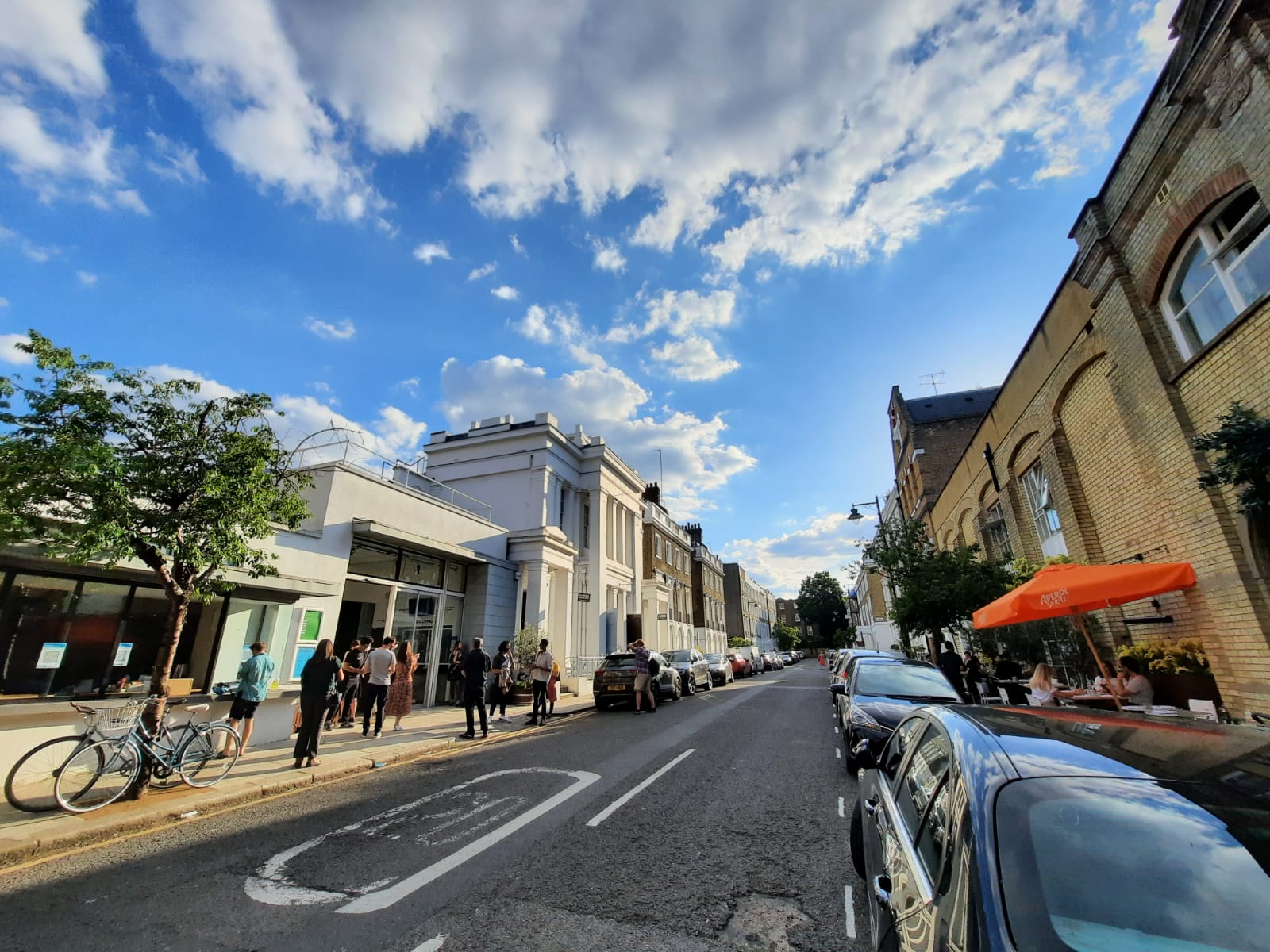Hidden Fires (Six Artists In Search Of A Play) – Almeida Theatre, London
A review of Hidden Fires: a surprisingly short but powerful staged reading at the Almeida, part of Six Artists in Search of a Play. I’m still just happy that such a range of cultural offerings are back on stage.

A Mini-Outing To The Theatre
I was very interested to see that the first series of events out of the post-lockdown gate by the Almeida was Six Artists In Search of a Play. Over a couple of weeks of rehearsed readings, the Almeida gave space to a variety of young directors. And they in turn gave space to plays or playwrights who are often overlooked by British theatre.
Very disappointingly (yet also excitingly), I was in the position of being too busy with other bookings to go and see most of the season. In fact, I only made it to the live equivalent of ‘bonus content’. Hidden Fires is a monologue by Manjula Padmanabhan, part of a series of five monologues of the same name. Atri Banerjee directed it for the Almeida with Neil D’Souza performing. Banerjee also directed one of the longer works in the series.
I had either forgotten or didn’t know that Hidden Fires is only about 15 minutes long. I definitely spent a lot longer travelling to Islington and back. But there was also a Q&A with director and actor which brought out some interesting aspects of the monologue. And brought everything back to Brexit – is this just a middle class theatre audience thing?
Hidden Fires
Manjula Padmanabhan wrote Hidden Fires in the aftermath of religious violence in India in the 1990s. Cleverly, though, the unidentified character never specifies who the ‘them’ and ‘us’ is in his casual description of violent divisions within his community. The depressing thing is how many candidates were running through my mind as we listened to his tale. Was this the Balkans? Rwanda? Even the Holocaust? But no, India was the inspiration – specifically violence against Muslims in the 2002 Gujarat riots.
The most disturbing part of Hidden Fires is the assumption that we are party to what is going on. The man appeals to us, knowing that we will understand how a life can casually be taken away, if that life represents a ‘hidden fire’ that needs to be stamped out. This uncomfortable dynamic, heightened by the effective lighting that is the only real element to the staging, came out strongly in the post-monologue discussion. Should we have sympathised with him? Understood how easily someone can believe a narrative like that? Overlooked the gaps in his logic? No wonder perhaps that it came back to Brexit, although the source for this play is so much more violent and divisive and disturbing.
Despite the very short running time, I quite enjoyed the format of rehearsed reading then discussion. It’s a shame I didn’t get to see anything else from Six Artists in Search of a Play, but I liked seeing the work of a playwright I wasn’t previously familiar with, which was the point of the series after all. I am looking forward to seeing what else the Almeida have coming up post-lockdown. Hopefully it will continue to be as challenging and inspiring as this and the other recent works I have seen there.
Salterton Arts Review’s Rating: 3/5
Keep up with London theatre news by signing up below:
If you see this after your page is loaded completely, leafletJS files are missing.

